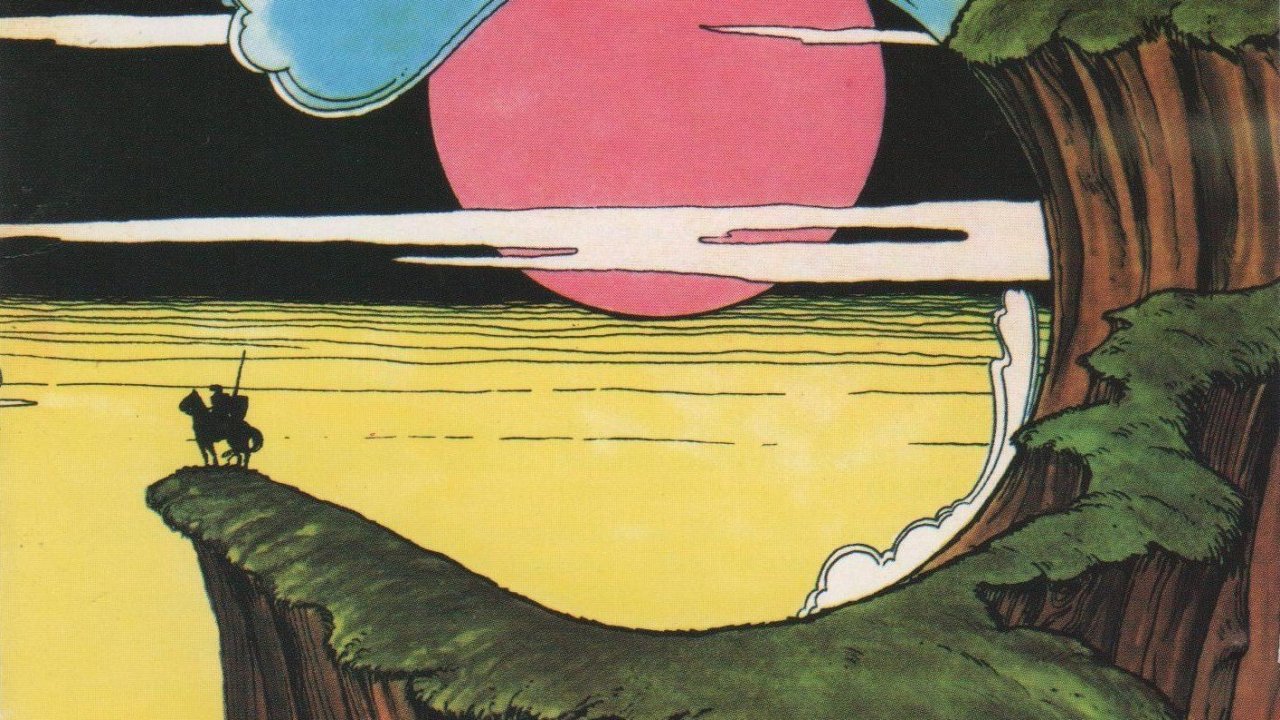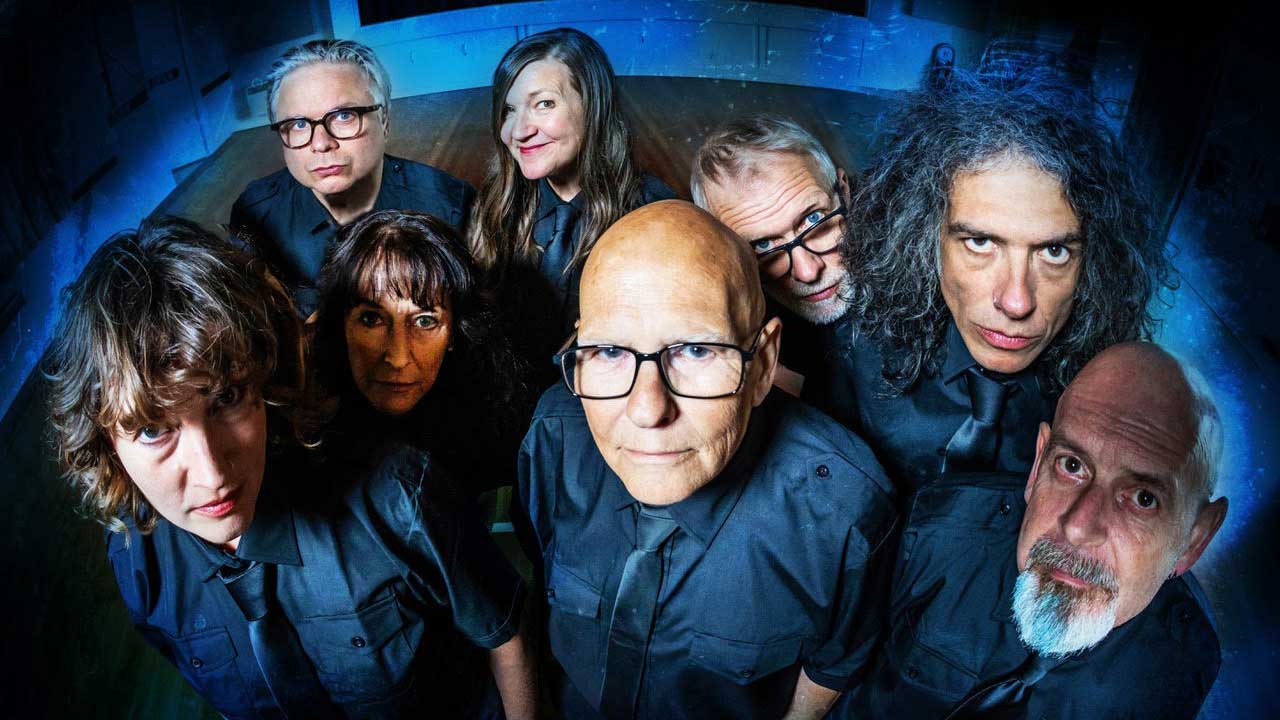You can trust Louder
Released in 1975, Hawkwind’s fifth studio album marked the end of an era. In its aftermath, the band not only changed both their record company and management, they also fired long-time bassist Lemmy which – musically at least – was a great loss to the line-up. Although Hawkwind produced some solid albums during the remainder of the decade, the view that Warrior On The Edge
This long-overdue reissue is notable as the first ever CD edition to be taken from the original first generation master tapes (mistakenly believed to have been lost), and is available in three versions: single CD, a triple-disc expanded edition sporting several remixes by Steven Wilson, and super deluxe box set. The latter is simply spectacular and includes all three CDs alongside a lavish 48-page book, reproduction promo poster, gig ticket and postcards, and a vinyl replica of the original LP complete with fold-out shield sleeve. The box sold out on pre-order long before its release, so no doubt by the time you read this it’ll be changing hands on the open market for a hefty premium.
Recorded at the legendary Rockfield Studios and produced by the band, with lyrics loosely based on author and collaborator Michael Moorcock’s Eternal Champion mythos, Warrior… is undoubtedly vintage Hawkwind. Although somewhat erratic (as pretty much every Hawkwind album charmingly is), it’s a noticeable improvement on its predecessor – 1974’s Hall Of The Mountain Grill – and features a clutch of classics that have remained staples of the band’s live set ever since.
Buoyed by Lemmy’s burbling bass lines Assault And Battery launches the album on its eccentric trajectory, Nik Turner’s flute floating around on a swathe of cosmic synth washes before segueing seamlessly into the velvety strains of The Golden Void. The sheer beauty and wonder of this near-perfect 10 minutes stands somewhat alone on the album, and it’s no surprise that this pairing is an omnipresent highlight of Hawkwind’s ever-evolving stage extravaganzas. ‘The Wizard’s horn of magic born!’ Michael Moorcock intones ominously during The Wizard Blew His Horn, the first of a trio of psychedelic poems which punctuate the album’s flow. (Apparently, Moorcock cut all his contributions in under an hour.)
The krautrock-ish Opa-Loka then picks up the pace once again. Powered by percussive overload – Hawkwind had two drummers at this point – this trance-like turn is nowhere near as bad as Lemmy thinks it is. The plaintive cry of seagulls welcomes Dave Brock’s reflective acoustic number The Demented Man, a song that’s a haunting departure in the tradition of We Took The Wrong Step Years Ago and Down Through The Night.
Over on side two, the epic Magnu (another Brock tune and concert staple) builds its apocalyptic riff into a frenzy in a sea of oscillator sweeps and bongo drums. The lively if somewhat superfluous instrumental Spiral Galaxy 28948 finds itself bookended by more of Moorcock’s portentous verse in the shape of Standing At The Edge and Warriors. Slightly less foreboding is the Nik Turner-penned Dying Seas, in which sax and violin battle for supremacy with some splendidly squidgy synth in there too. Proceedings close with the catchy Kings Of Speed, the album’s sole single, which was famously released with the B-side Motorhead, the last number Lemmy wrote for Hawkwind. Several versions of Motorhead crop up amid the bonus material, which includes rare and previously unreleased alternate versions and outtakes. A few of these have cropped up on bootlegs – the Watchfield Festival recordings of Circles and I Am the Eye for example – but overall it’s an interesting archive of oddities.
For the stereo and 5.1 surround sound remixes Steven Wilson has done what he always does, divining hitherto hidden depths and atomic detail in the music without wandering too far from the lush textures and kaleidoscopic colours of the original soundscape. Minor misfires notwithstanding, whether it’s the vanilla CD or the sumptuous, whistles-and-bells package that ends up in your collection, Warrior On The Edge Of Time remains a space rock masterstroke.
Sign up below to get the latest from Prog, plus exclusive special offers, direct to your inbox!

